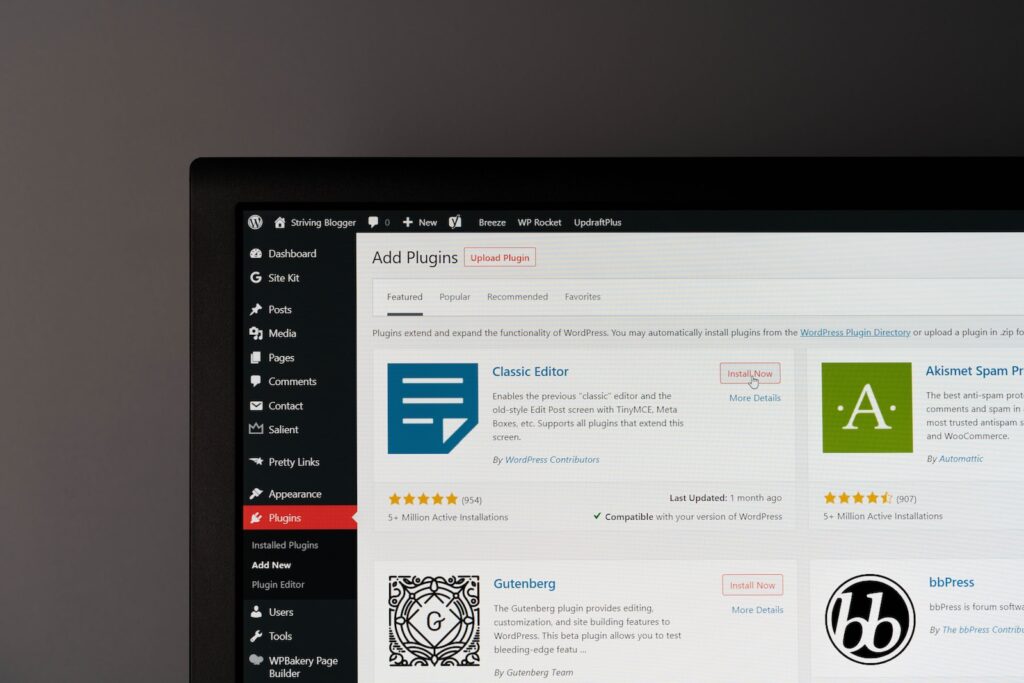In web development, the .htaccess file is a powerful tool that can be leveraged to perform various actions. RedirectMatch is one of the features of .htaccess that allows you to redirect URLs based on specific patterns. In this article, we will explore how to use RedirectMatch in a case-insensitive manner to give your website users a smoother experience.
Using RedirectMatch Case Insensitive in htaccess for Web Development
To use RedirectMatch case insensitive in htaccess for web development, you can prepend the flag “(?i)” to the pattern. This will make the pattern match regardless of the case of the characters within the URL.
Here’s an example code snippet:
RedirectMatch 301 (?i)/old-url/ https://www.example.com/new-url
In this example, any request for “/old-url/” or “/OLD-url/” or “/Old-Url/” will be redirected to “https://www.example.com/new-url” with a 301 status code.
Using this method can help ensure that users are always directed to the correct page or resource on your website, regardless of how they may have capitalized or typed the URL.
HOW TO FORWARD or REDIRECT URL LINK WITH CLOUDFLARE DNS & NAMECHEAP
How to fix 301 redirect (URL Canonicalization) on your website using .htaccess file.
Is redirecting case-sensitive?
Yes, redirects are case-sensitive in the context of .htaccess file for web development. This means that if you have a URL with uppercase letters and you try to redirect it using a lowercase URL, the redirect will not work unless it is specifically set up to be case-insensitive. Therefore, you should always ensure that your redirect rules match the case of the actual URLs you want to redirect.
How does case sensitivity differ from case insensitivity?
In the context of the htaccess file for web development, case sensitivity refers to the distinction between upper and lower case letters in file and folder names, while case insensitivity doesn’t differentiate between them. This means that if a server is case sensitive, it will treat “File.html” and “file.html” as two separate files, while on a case-insensitive server, they will be considered the same file.
When working with a htaccess file for web development, it is important to keep in mind whether or not the server is case sensitive, as this can affect the behavior of directives such as RewriteRule, which may need to be adjusted accordingly. Additionally, developers need to ensure that their URLs are consistent in terms of case, to avoid issues with broken links or pages not being found.
What does case insensitive mean?
In the context of htaccess file for web development, case insensitive means that the file or directory names can be written in any combination of uppercase and lowercase letters without affecting the functionality of the website. For example, if the name of a file is “myFile.html”, it can also be accessed by typing “myfile.html” or “MYFILE.HTML”. This is possible because htaccess is configured to treat all file and directory names in a case-insensitive manner, allowing for more flexible and user-friendly website URLs.
How can I make a case-insensitive redirect using RedirectMatch in .htaccess?
To create a case-insensitive redirect using RedirectMatch in .htaccess, you can use the “NC” flag. This flag tells Apache to not consider case sensitivity when matching the URL pattern.
Here’s an example:
“`
RedirectMatch 301 (?i)^/old-page.php$ /new-page.php
“`
In this example, the redirect matches any request for “old-page.php” regardless of its case and redirects it to “new-page.php”. The “(?i)” before the pattern specifies that the matching should be case-insensitive.
Note that the “301” in the example is the status code for a permanent redirect. You can change this to another status code if needed.
Using the “NC” flag with RedirectMatch can make your redirects more robust and ensure that they work correctly for all users, regardless of their capitalization preferences.
What is the correct syntax for using RedirectMatch with case-insensitivity flag in .htaccess?
The correct syntax for using RedirectMatch with case-insensitivity flag in .htaccess is:
RedirectMatch (?i)pattern target
The “(?i)” flags the pattern to ignore case sensitivity. You can replace pattern with a regular expression that matches the URL you want to redirect, and target with the URL you want to redirect to.
For example, this code will redirect all URLs that contain “example” regardless of case to “https://www.example.com”:
RedirectMatch (?i)^/.*example.*$ https://www.example.com/
Note that the “^” and “$” characters anchor the pattern to the start and end of the URL path, respectively. Also, the “.*” matches any number of characters.
Is it possible to use regular expressions and case-insensitivity together in RedirectMatch rule in .htaccess?
Yes, it is possible to use regular expressions and case-insensitivity together in a `RedirectMatch` rule in the .htaccess file. To enable case-insensitivity, you can use the `NC` (no case) flag at the end of the rule. For example:
“`
RedirectMatch 301 (?i)^/old-page/(.*)$ /new-page/$1 [NC,R=301]
“`
In this example, the `(?i)` at the beginning of the regular expression makes it case-insensitive, and the `NC` flag at the end of the rule ensures that the pattern match is also case-insensitive. The `R=301` flag specifies that the redirect should be a permanent (301) redirect.
Note that the `RedirectMatch` directive uses regular expressions, which can be complicated and require testing and debugging to ensure they are working correctly. It is recommended to backup your .htaccess file and test thoroughly before making changes to production sites.
In conclusion, the RedirectMatch directive in the .htaccess file is a powerful tool for web developers to redirect URL requests to their intended destination. By setting the flag to “NC” or “nocase”, developers can perform case-insensitive matches on the requested URLs, making it easier to handle various capitalization scenarios that may arise. This feature is particularly useful when dealing with user-generated content where URL capitalization is not standardized. Overall, by leveraging the power of the RedirectMatch directive, developers can create a more user-friendly and efficient website experience for their visitors.


